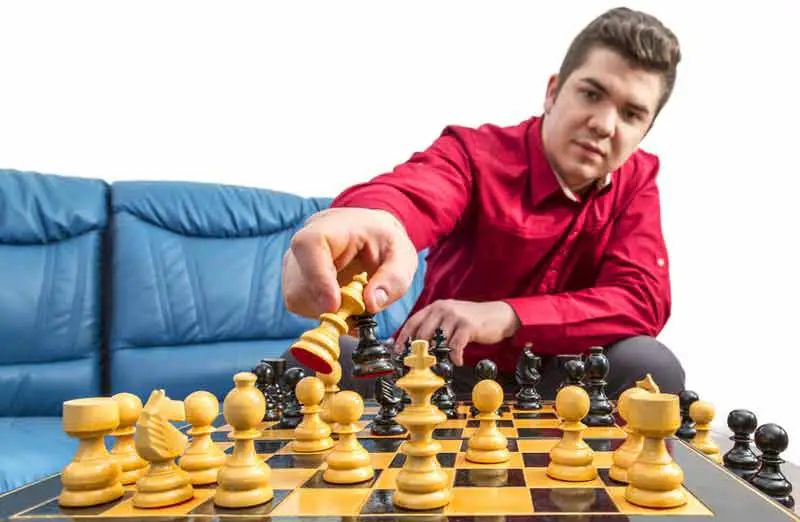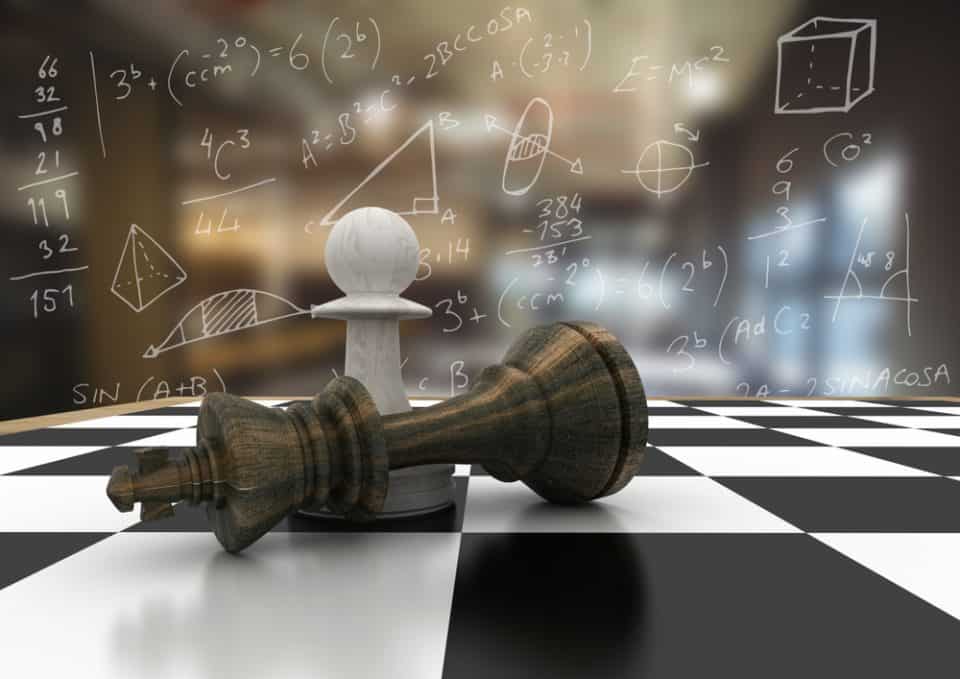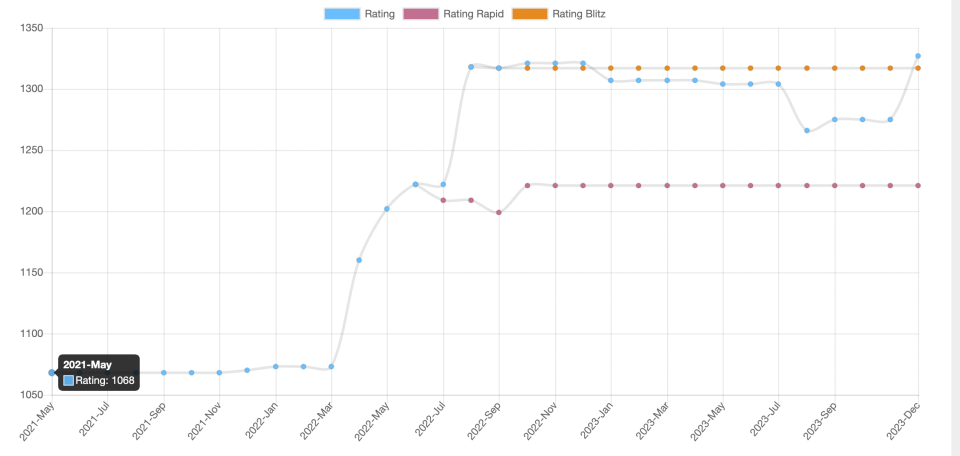Ever found yourself playing just one more game of chess?
You tell yourself you’ll stop after this match, but then hours fly by as you’re focused on outmaneuvering your opponent.
Before you know it, the sun has set and your stomach is growling. If this sounds familiar, you may have found yourself addicted to the game of chess.
YES, Chess can be a really addictive game. The reason is simple.
The game stimulates the same pleasure centers in the brain that are associated with addictive substances, such as drugs and alcohol.
Each move elicits a rush of dopamine, a neurotransmitter that is responsible for feelings of pleasure and reward, as you anticipate defeating your opponent.
The thrill of winning and avoiding loss keeps you coming back for more.
The complex strategies and problem-solving involved in chess also provide mental stimulation, which can be highly rewarding. Your brain gets hooked on the challenges and rewards, making it difficult to stop playing.
Signs You May Be Addicted to Chess
Here are some signs that might indicate that chess is more than just a hobby and now taking over your life:
Losing Track of Time
Do hours pass in the blink of an eye when you’re playing or studying chess? Before you know it, the whole day has disappeared into your passion for the game.
Constantly Thinking About Chess
Are chess moves, strategies, and games constantly running through your mind, even when you’re not playing? Do you find yourself daydreaming about that brilliant combination or trying to solve a complex endgame position? If chess dominates your thoughts, that’s a clue you may be hooked.
Neglecting Responsibilities
Have chess games or puzzles caused you to miss deadlines, skip chores, or avoid social plans? While chess in moderation is fine, if it’s interfering with work, relationships, or everyday tasks, it’s a sign your interest has become unhealthy.
Withdrawing from Social Interactions
Do you prefer playing or analyzing chess to spending time with friends and family? If chess is your only social outlet or you withdraw from others to play, that level of isolation and prioritizing chess above all else could indicate addiction.
While chess addiction may not seem as harmful as other addictions, it can negatively impact relationships and daily responsibilities if left unchecked.
Hence, It’s important to develop a healthier balance to keep your love of the game in moderation.
The first step is acknowledging when your passion for chess has crossed into addiction.
Here are some more tips to make sure your chess hobby enhances rather than detracts from the rest of your life:
- Set time limits for yourself. Only allow yourself to play or study chess for a fixed amount of time each day, like 30-60 minutes. Use a timer to keep yourself accountable. This will prevent multi-hour marathon sessions that lead to neglecting responsibilities or self-care.
- Take regular breaks from playing. It’s good for your mental health and relationships to take days or even weeks off from chess at times. Find other hobbies and social activities to engage in. Come back to chess when you start to miss it, and your enthusiasm will be refreshed.
- Spend time with non-chess friends and family. Make sure to maintain connections with people outside the chess world. Social interaction and relationships are vital for well-being and balance in life.
- Stay active and exercise. Get some form of physical exercise every day to release endorphins, reduce stress, and promote healthy sleep. Your chess skills and enjoyment will benefit from an active body and sharp mind.
- Eat a balanced diet. Fuel your brain and body with nutritious, unprocessed foods. Limit excess sugar, caffeine, and unhealthy snacks which may temporarily boost your mood or energy but ultimately leave you depleted.
We recommend these related resources for further study:
- Is Chess a Hobby?
- Can Chess Cause Stress?
- Is Chess a Waste Of Time?
- Is Chess a Relaxing Game?
- Why Is Chess Hard To Play?
- Is Chess a Sport, Art or Science?
- Is Chess an Olympic Sport? A Quick Answer
- Why Is Chess So Popular? Here Are 5 Reasons
So that’s it. Let us know if you found this guide valuable.







join the conversation